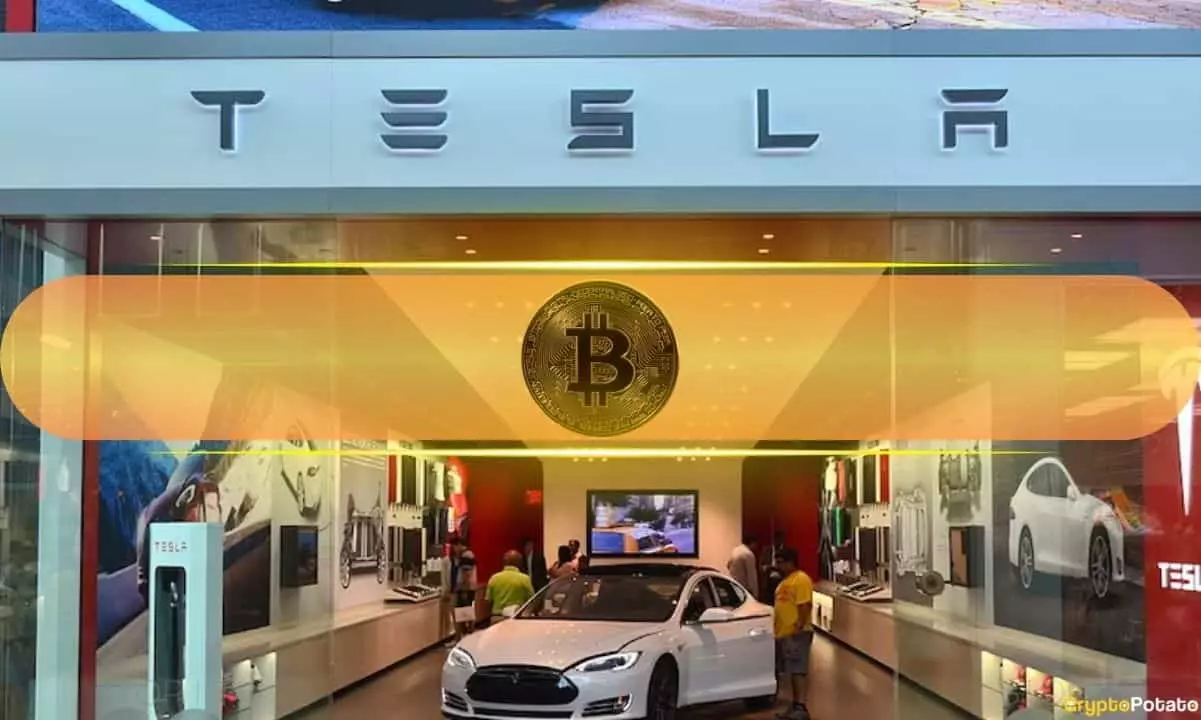Tesla, the renowned electric vehicle manufacturer led by Elon Musk, has recently stirred the crypto community with news of moving nearly all of its Bitcoin (BTC) holdings. According to Arkham Intelligence, the firm transferred approximately 11,500 BTC, valued at around $760 million, in a series of 26 transactions on October 15. This transfer came after a two-year period of dormancy for these holdings. The events sparked a whirlwind of speculation across social media in the cryptocurrency realm, given the pronounced volatility in Bitcoin prices that followed.
Coinciding with the transfers, a spectrum of suggestions emerged about Tesla’s potential intentions. Some observers posited that the automaker was taking steps to assume direct custodial control over its Bitcoin. In contrast, others voiced concerns about a possible liquidation, expressing fear, uncertainty, and doubt (FUD) regarding the implications of Tesla’s move. In an amusing twist, some crypto enthusiasts even floated the idea that Elon Musk might be diversifying into “Trump meme coins,” underscoring the unpredictable nature of discourse within the cryptocurrency community.
The situation prompted commentary from various industry analysts. Pierre Rochard, the vice president of research at Riot Platforms, indicated that Musk might leverage the Bitcoin as collateral for borrowing, although this assertion was met with skepticism. Given Musk’s financial prowess and Tesla’s well-funded status, many experts pointed out that the company’s liquidity rendered such a strategy redundant.
The immediate market response to these developments was notable. Cryptocurrency analyst known as “Cold Blooded Shiller” suggested that if the movement of Tesla’s BTC was enough to unsettle investors, it might indicate that the current market conditions were not conducive for those seeking to profit from the ongoing bull run. Additionally, Ki Young Ju, CEO of CryptoQuant, articulated the ambiguity surrounding Tesla’s moves, questioning whether the transactions were merely internal reallocations or indicative of actual selling. He also commented on the minimal impact such an action would have compared to larger institutional movements, referencing that even if Tesla sold its BTC, the effect would be less significant than that of the German government’s holdings.
Tesla’s involvement in Bitcoin dates back to February 2021 when the company made headlines by purchasing $1.5 billion worth of the cryptocurrency. This strategic investment positioned Tesla as the fourth largest corporate holder of Bitcoin, trailing behind MicroStrategy, Marathon Digital, and Riot Platforms. As of now, the company’s moves are being closely monitored, with Bitcoin itself witnessing a recent increase in volatility. Only hours after Arkham’s report, Bitcoin surged to a ten-week high, peaking over $67,800 before experiencing a sharp decline below $65,000.
As the leading cryptocurrency approaches its previous all-time high of $69,000 set during the 2021 market cycle, the implications of Tesla’s actions continue to reverberate throughout the market. Investors and analysts alike are bracing for potential further developments and hoping to glean insights into Musk’s strategy going forward.


Leave a Reply